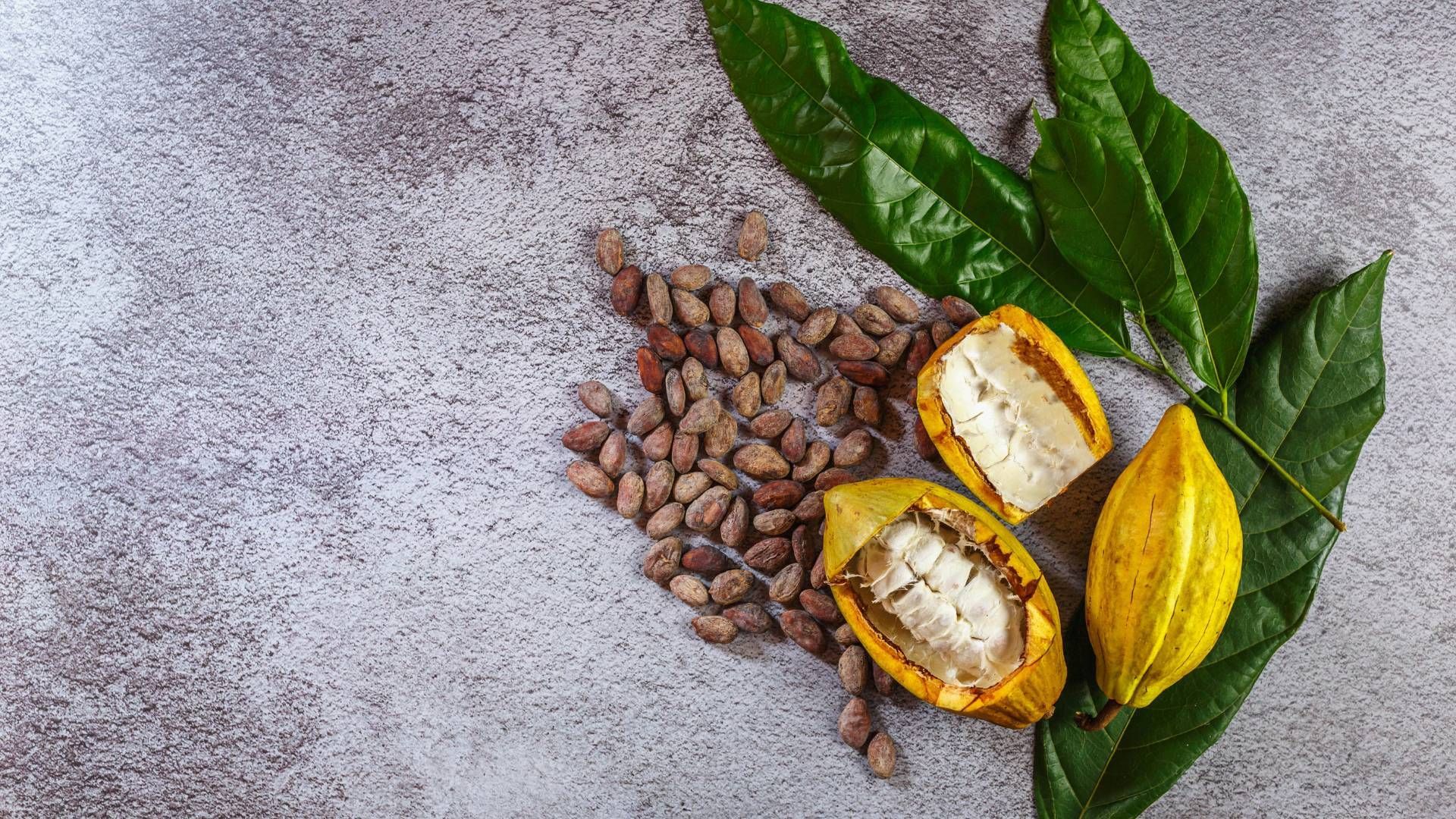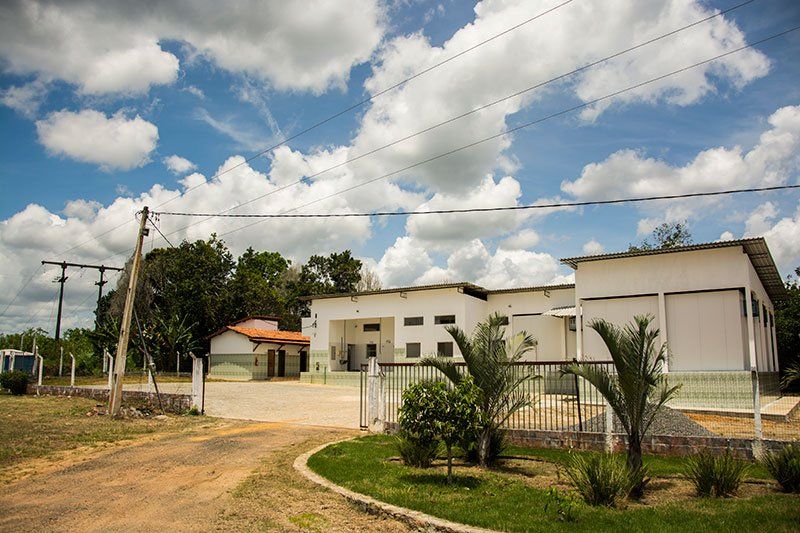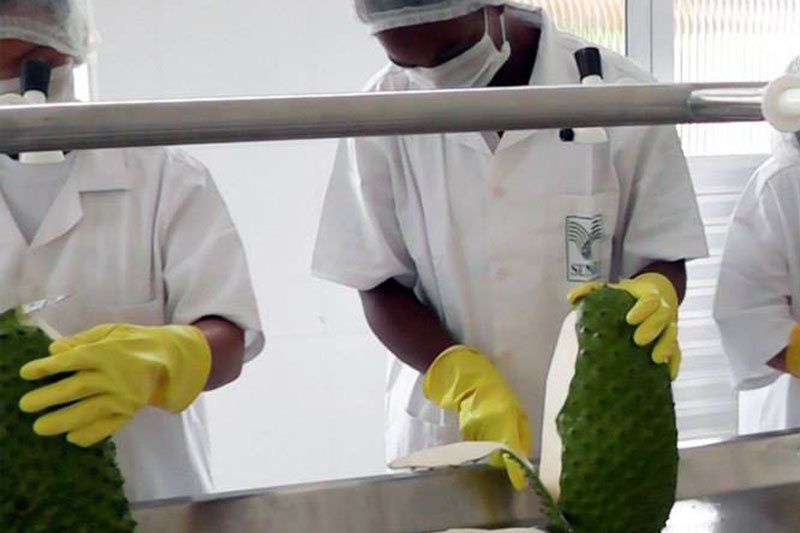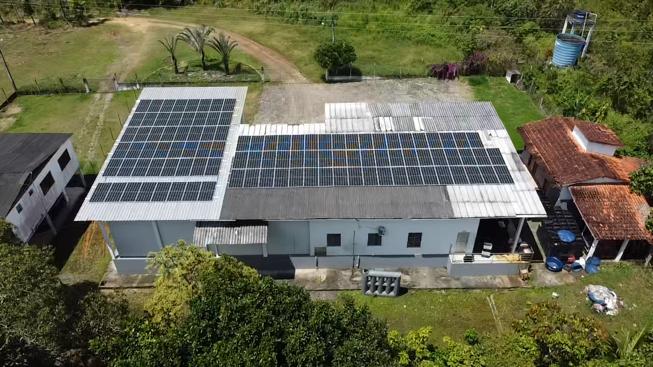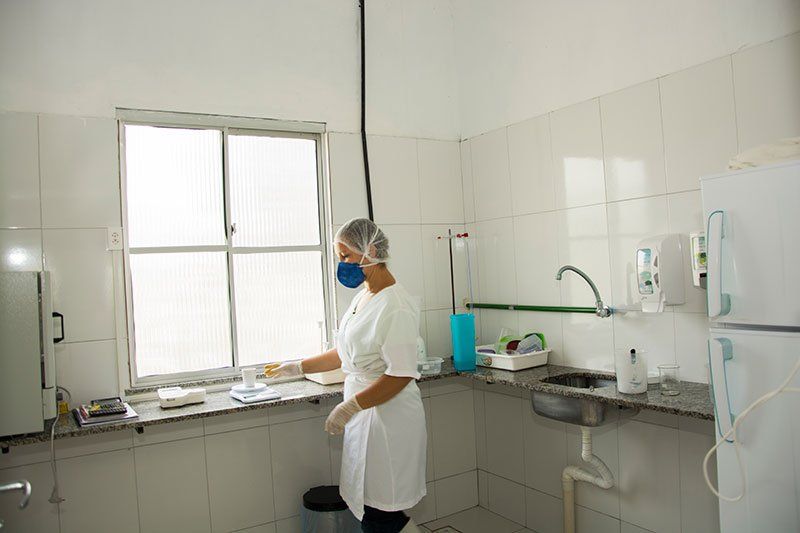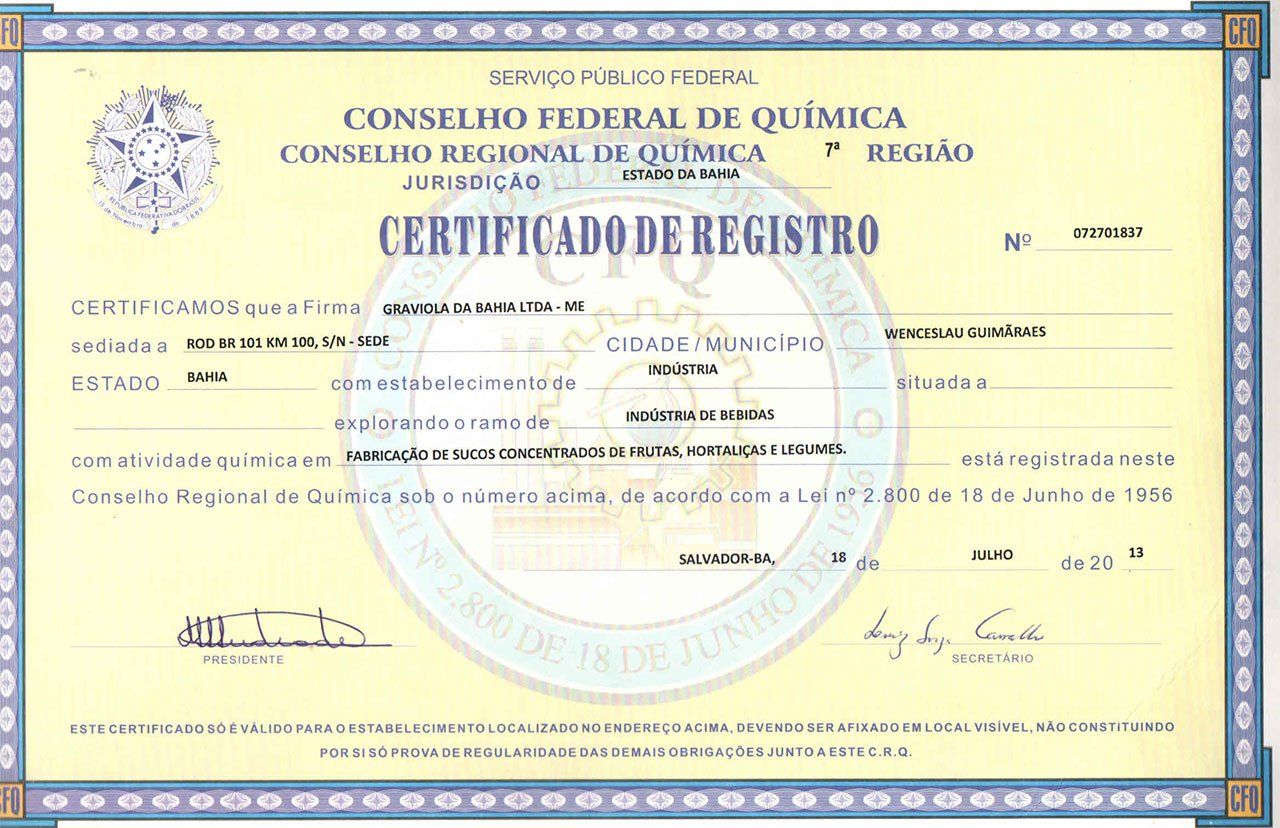About Cocoa
Southern Bahia - Brazil
📘 History of Cocoa Production in Southern Bahia
Cocoa has a long history in Brazil, especially in the state of Bahia, which has always been one of the largest national producers. The southern region of Bahia is considered the heart of cocoa production in Brazil, with over 400 years of cultivation. For a long time, Bahia was responsible for a significant part of the world's cocoa production, being one of the main exporters of the bean.
With the evolution of cultivation, Bahian producers began to invest in sustainable techniques and quality, ensuring that the cocoa produced in the region is highly valued both in the national and international markets.
🌿 Applications and Uses of the Different Parts of Cocoa
Cocoa is a complex fruit, whose various parts are used in different ways, which makes its production quite versatile.
- Seeds: The main use of cocoa seeds is for the production of chocolate, cocoa powder and cocoa butter, the latter being used in the pharmaceutical and cosmetic industries.
- Pulp: Cocoa pulp is the sweet, juicy part that surrounds the seeds and has become a staple in a variety of food products, such as jams, liqueurs, wines and juice.
- Shell: Cocoa shells, traditionally discarded, are now used to produce livestock feed, contributing to more sustainable production.
- Peels and waste: In addition, the industry has also benefited from by-products such as peels and other waste for composting or manufacturing other products.
🌿 Characteristics of Cocoa Pulp
Cocoa pulp is the least known part of the fruit, but its importance is growing, especially in the food industry. With a soft texture and sweet flavor, the pulp surrounds the seeds and is rich in vitamins, minerals and fiber. Its natural flavor, slightly acidic and sweet, makes it an excellent option for the production of beverages and processed products.
The pulp also has antioxidant properties and nutrients that can benefit health, making it a healthy and tasty alternative to other more common products on the market.
🌿 Harvest season and production characteristics in Southern Bahia
Southern Bahia is a privileged region for cocoa production due to its humid tropical climate, with mild temperatures and good rainfall distribution throughout the year. The cocoa harvest occurs mostly between October and March, with emphasis on the period from November to February, when the harvest is most intense.
The region is also known for its sustainable agricultural practices, which respect the environment and contribute to the quality of the cocoa produced. The diversity of microclimates and soils favors the production of excellent quality cocoa, with distinctive aromas and flavors that are highly appreciated by the chocolate and other derivatives industries.
🏭 Industrial Uses of Cocoa Pulp
In recent years, cocoa pulp has been increasingly used in the food industry. It is transformed into jams, liqueurs, juices and wines, meeting a growing demand for natural and differentiated products. In addition, cocoa pulp has also been used in sweets and desserts, being considered a more sustainable and innovative option in the food market.
Using the pulp also reduces fruit waste, promoting the full use of cocoa and adding value to the final product.
✅ Certifications and Credibility
Graviola da Bahia has certifications that attest to the quality and safety of its products:
- MAPA (Ministry of Agriculture, Livestock and Supply): Registration of products and processes, ensuring compliance with Brazilian standards.
- Health Surveillance: Health permit that ensures good manufacturing practices and food safety.
- Regional Chemistry Council (CRQ): Certification that validates the chemical processes and analyses carried out by the company.
🌱 Commitment to Sustainability
Sustainability has been a fundamental pillar in cocoa production in the South of Bahia. Graviola da Bahia is an example of a company that adopts sustainable practices, working with small producers and encouraging the cultivation of cocoa in a responsible manner.
The use of each part of the cocoa plant – seeds, pulp and shell – not only adds value to the production, but also contributes to a more efficient production chain that has less impact on the environment. Sustainable cocoa production in the South of Bahia not only preserves natural resources, but also strengthens the local economy and promotes social development.
- When choosing Graviola da Bahia products, you are opting for quality, innovation and sustainability, with a commitment to supporting responsible cocoa production and environmental preservation.
🌍 National and International Market
Cocoa pulp has been gaining more and more space in both the national and international markets. Its versatility and the growing interest in healthy and innovative foods make it an excellent option for food industries looking to diversify their portfolios.
Graviola da Bahia, for example, is dedicated to the processing and marketing of cocoa pulp, supplying industries both in Brazil and abroad. With the increase in demand for natural products and the appreciation of sustainable gastronomy, cocoa pulp is gaining ground in demanding markets, such as Europe and the United States.
Available Formats and Packaging
- 180 kg drums
- 20 kg bars
- 1,000-liter IBC containers
Graviola da Bahia is the ideal partner for industries seeking quality, innovation and sustainability in the use of natural ingredients with high added value. Whether in the food, pharmaceutical, cosmetic or agro-industrial sectors, we offer reliable solutions for an increasingly conscious and demanding market.
Frequently Asked Questions About Cocoa
Hello! Do you have any questions about our company? Contact us!
Straight from Southern Bahia: The Essence of Brazilian Cocoa Pulp
Graviola da Bahia is a company specialized in supplying 100% pure fruit pulp, without additives or preservatives, for the food industry in Brazil and abroad.
Located in Wenceslau Guimarães, in the Baixo Sul region of Bahia, the company stands out for the quality of its products and its commitment to sustainability and social responsibility. From the land of cocoa to the world: 100% natural pulp, with an intense flavor and internationally recognized quality.
Frozen Cocoa Paste
Available in 180 kg Drums, 20 kg Bars or 1,000 liter IBC Containers



